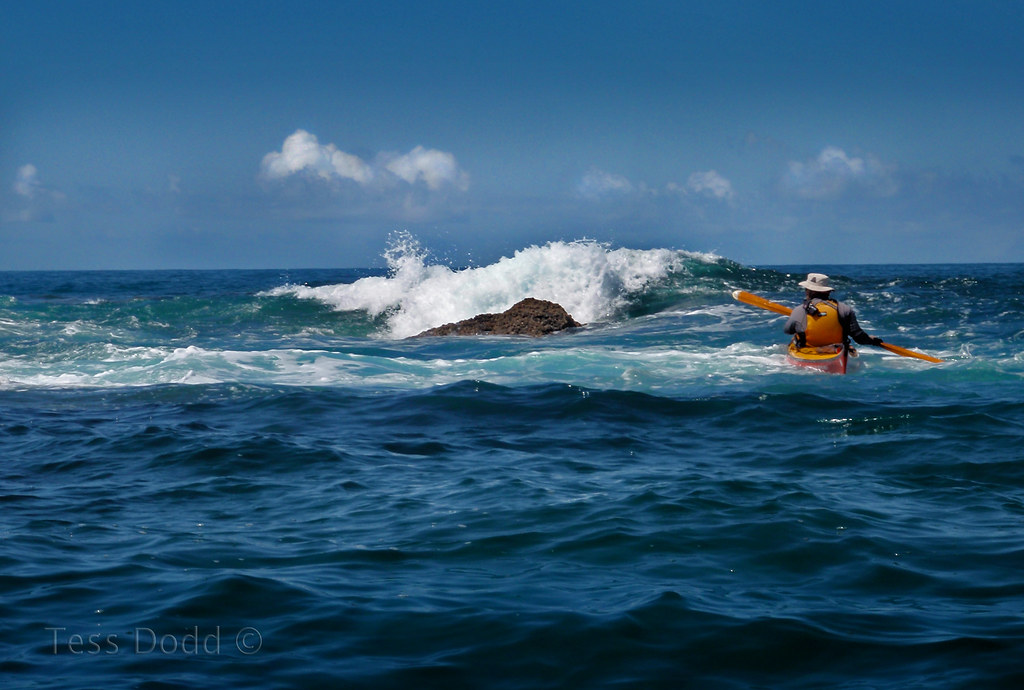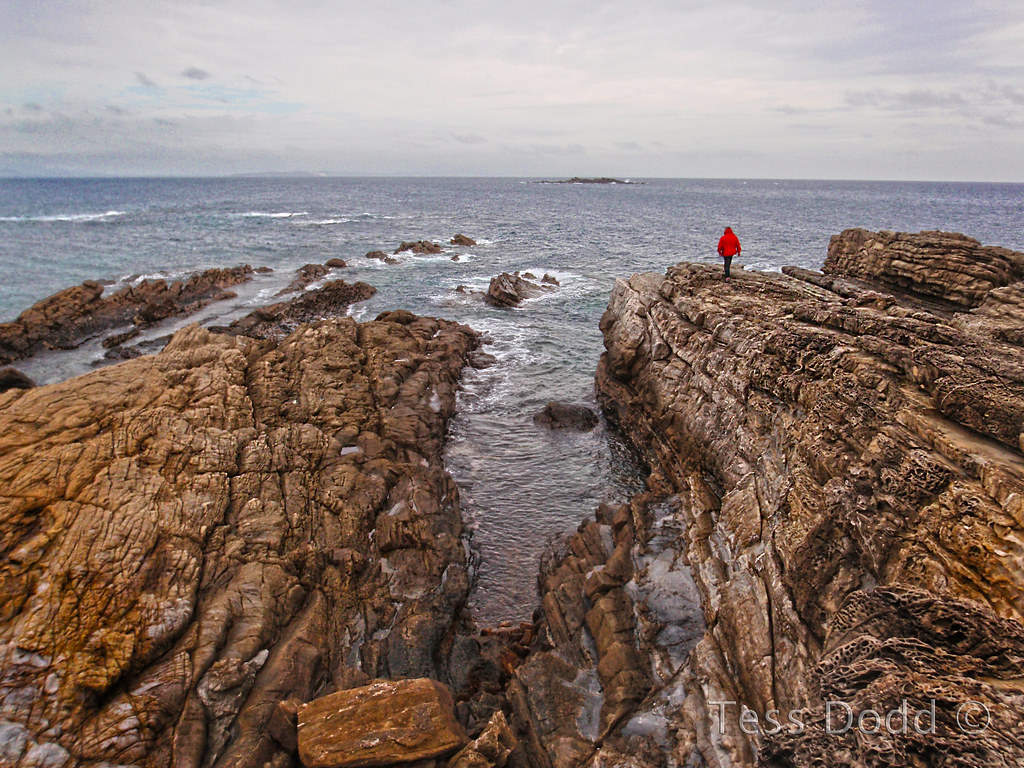I also know that those electronic gadgets aren't totally foolproof or operate 100% of the time (details here ).
Lately I have found myself venturing on more trips alone; my usual paddling companions seem to have other commitments or maybe have just grown tired of me :-)
While solo trips have a certain appeal they also pose more risks, especially when on the water.
As I prefer more textured waters and longer paddles to more remote places (of a week or so) I have been contemplating undertaking those trips alone.

One concern that has crossed my mind would be the rare scenario where I would come to trouble and be left stranded somewhere with no way of letting people know of my predicament.
I should let my loved ones know where and when I am going but giving them all the details and logistic constraints might prevent that from happening. Printing out maps with detailed plots and ...
I also don't want to "burden" a relative or a friend with the duty of checking on me if I don't contact them on my return, giving them the mental constraint to be my lifeline in case of no-show.
Put it this way: I would rather not be that person that a buddy relies on for safety.
So I was rather pleased when a new registration service was set up for the purpose of "keeping an eye" on theirs subscribers.
iNeverSolo.com a free service that allows you to register you intentions.
"The brainchild of an outdoorsman,
pilot and engineer, iNeversolo is an innovative online resource that lets you create
a plan for your outdoor activity so that, if you don’t make it back when you said you
would, an email and text alert goes out to the people you designate and they can track
you down. iNeverSolo ensures that while you may be on your own outdoors, you are
not really alone." says Peter Downing of iNeverSolo.
The service is free to the users supported by international advertisers and sponsors.
Initially only available in USA, it has just recently added international coverage.
Anybody that signs up to iNeverSolo.com can submit as much (or little) information about the proposed outing, and it doesn't have to be epic. Anything from a simple outing of a few hours in the bay (or woods) to week long expeditions.
You let them know when you will be back and when you will log off and they keep track of you.
I don't mean that they physically check on you (nobody will come around my place if I don't log-off) but they will send out an alert to the contacts I nominated if iNeverSolo fails to get hold of me first and I don't send them a response. So, if I fail to come back from my trip and iNeverSolo can't get in hold of me they will alert my contacts that might notify the authorities to come look for me.
For more details watch this animation or read this info

Of course such service has one downfall: what if I get "stranded" on a remote island (with no mobile service) with a couple of Swedish backpackers and prolong my trip for a few days? I would hate to see that Marine Rescue chopper hovering above looking for me :-)
.

Looks like a good service.
ReplyDeleteBut longer trips? What about an EPIRB?
I've never done a long trip, but the idea of doing it solo is way more appealing than with company and after ten seconds of thought, i would definitely take an EPIRB.
Interesting and provoking article nonetheless.
I believe that EPIRBs are a fantastic safety tool; I carry a PLB (scaled down version of EPIRB, similar function) permanently attached to my PFD. However locator beacons are still a bit expensive for the general public on a budget and occasionally not practical to carry on the person (like running). iNeverSolo is free and allows the user to describe the intended trip with great details.
ReplyDeleteSuch a service has limitations of course. It will help get you "found", though perhaps not "saved".
ReplyDeleteIf your out of your boat in the open ocean its probably going to be too late by the time any serious search operation is launched, and then it will be more of a search for the body rather than a rescue mission.
A PLB is really the critical equipment in that situation, if people "cant afford it" then they shouldn't be exposed to that situation.
If your stuck on a remote beach with a popped shoulder it should at least result in someone being there to help the next day.
For activities, such as hiking/biking on a marked trail, it would be very helpful. Its an easy and cheap task to investigate the trail and find you (with broken ankle or whatever) that night.
For someone like me it is a useful tool to have, I could go awol for a week without anyone being concerned, and then they would have no idea where to start looking.
At the very least the cat and dog wont starve.
Certainly a handy supplementary system. Thanks for sharing.
Many thanks for bringing this to my attention Damiano, yes it has limitations as the other commentators state, but is an excellent extra bit of backup. I don't have an EPIRB or PLB, but as with ALL electronics, especially in hostile (saltwater) situations, they have their limitations too.
ReplyDeleteThanks again and look forward to future posts now you're back from your travels, All the best, Jeremy.